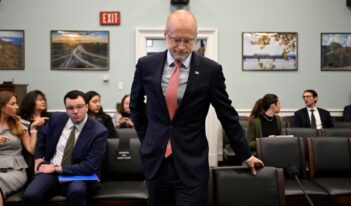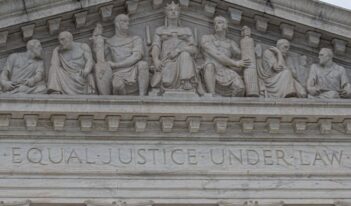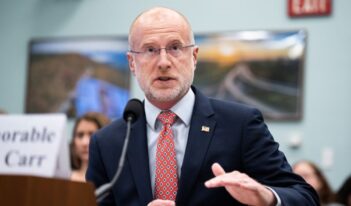The Challenges of Regulating Sports-Betting Advertisements
Scholar argues that restrictions on sports-betting advertising can align with commercial free speech protections.
Congress Should Eliminate the FCC’s Public Interest Authority
The FCC’s authority to regulate needs to reflect the modern realities of broadcasting.
No Need for the Supreme Court to Revisit the Fairness Doctrine
The Court should not overturn a settled doctrine that ensures the fair use of airwaves.
Revisiting Broadcast Fairness
Scholars and practitioners debate the continued need for the FCC’s fairness doctrine for broadcast news.
Stewardship or Censorship at the FCC
Experts debate whether the FCC is necessary to the information marketplace or a dangerous anachronism.
The Supreme Court Should Overturn the Fairness Doctrine
The Court should no longer allow the government to require that broadcasters air opposing views on public issues.
Lessons for Deference From the Telephone Consumer Protection Act
The Supreme Court reinforces and expands its 2024 ruling in Loper Bright.
Constitutional Continuity in a Time of Change
The Supreme Court rejects a nondelegation challenge to the FCC’s power to set universal service fees.
The Demise of Agency Independence and the FCC
The likely end of the FCC’s independence should spur Congress to overhaul the agency.
FCC Proposes Localized Mental Health Support for Hotline Texters
An FCC proposed rule for the national suicide and crisis hotline would route texters to local crisis centers.
FCC’s New Rule Protects Domestic Violence Survivors’ Cell Phone Access
FCC says a cell phone can be an abuser’s tool of control or a survivor’s lifeline.
Administrative Law Essay Competition Winners
Two essays by the student winners of a Penn Carey Law essay competition describe important regulatory issues.












